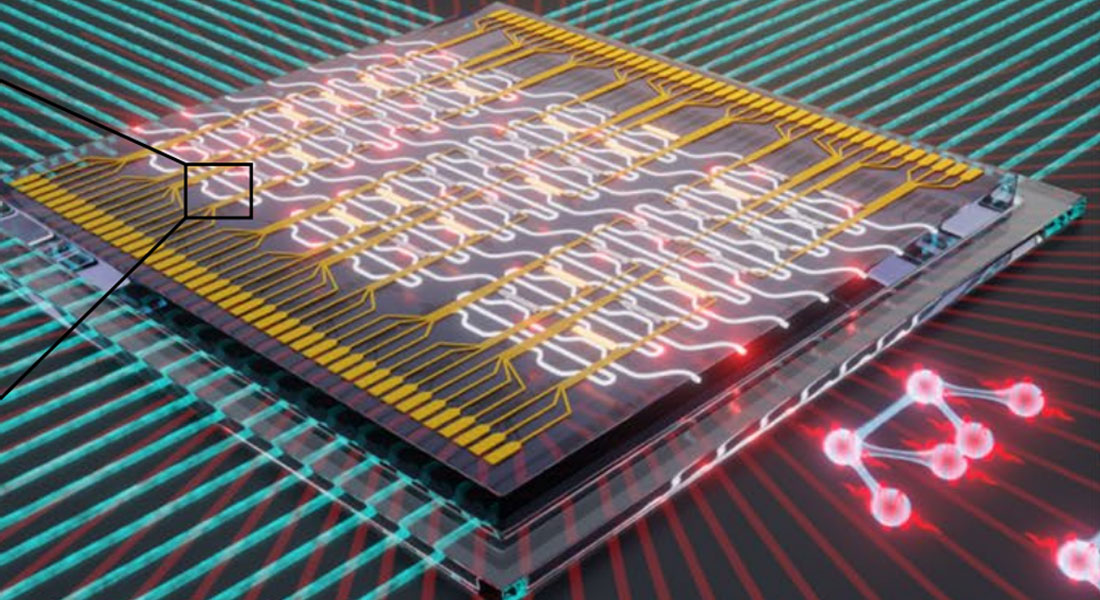Thinking Machines Lab, an AI startup founded earlier this year by former OpenAI executive Mira Murati, has raised $2 billion in new funding. The round, which values the company at $12 billion, was led by Andreessen Horowitz and backed by Nvidia, Cisco, AMD, and others.
The company aims to develop safer and more reliable AI systems by focusing on how people naturally interact with the world, including speech and vision. Its first product, due in the coming months, will offer open-source components designed to support researchers and startups.
At launch, nearly two-thirds of the team had previously worked at OpenAI, underscoring the company’s ambition to lead in the field of frontier AI. Murati said the startup plans to make its science publicly available to support understanding and transparency.
The investment comes amid a surge in AI-related funding, which accounted for over 64% of all US startup deal value in the first half of 2025. Growing interest in generative and multimodal AI continues to attract major capital despite wider concerns over tech sector spending.
Would you like to learn more about AI, tech and digital diplomacy? If so, ask our Diplo chatbot!










